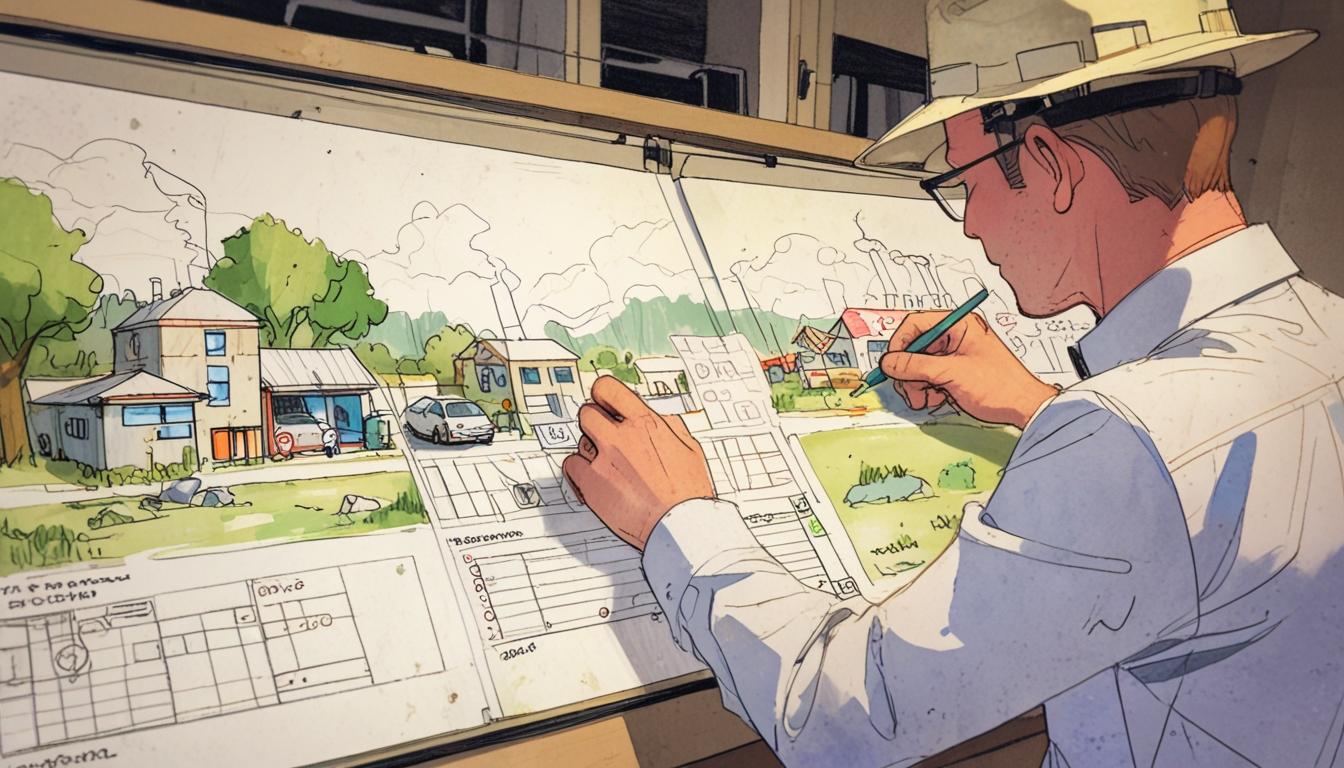In a recent development concerning energy infrastructure, inspector Claire MacFarlane provided a detailed assessment of a proposed project. The evaluation highlighted that the "main benefit of the proposal would be in contributing to a reliable supply of electricity." Additionally, MacFarlane noted that the application "would be acceptable with regard to climate change planning policies," indicating that it met necessary environmental considerations.
Despite these potential benefits, MacFarlane identified significant concerns regarding the proposal. She pointed out that the "limited economic benefits attract minimal weight in favour of the application." This suggests that while the project might enhance electricity reliability, it does not present substantial economic advantages that could warrant its approval.
Furthermore, MacFarlane's evaluation focused heavily on the adverse effects associated with the proposal. She concluded that the harm linked to the development—particularly regarding living conditions and air quality—are "compelling factors that outweigh the benefits." This assessment underscores the inspector's prioritisation of environmental and community wellbeing over the proposed project's advantages.
In response to the ruling, the local political group Caernarfon Lân expressed satisfaction, stating that it marked a "great day for Caernarfon and for our local environment," in a post shared on Facebook. This sentiment reflects the group's commitment to preserving local living conditions and environmental quality amidst ongoing discussions about energy needs and infrastructure development.
The outcome of this proposal showcases the complexities involved in balancing energy requirements with environmental and community concerns, a challenge that continues to be relevant in planning discussions across various regions.
Source: Noah Wire Services
